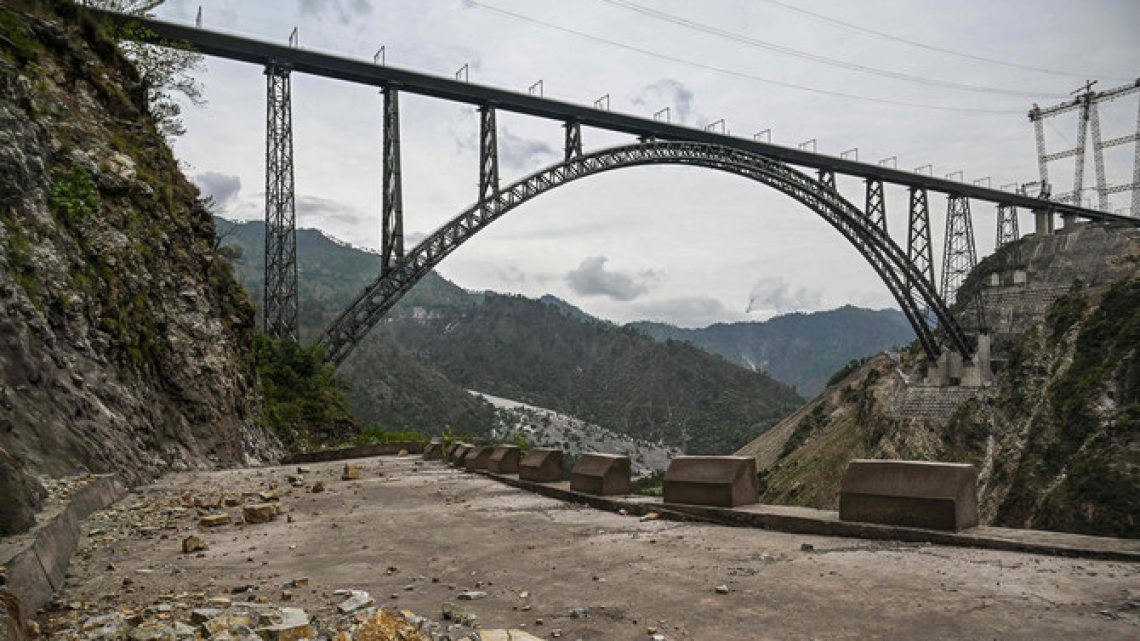
India’s Chenab Railway Bridge in IIOJK: A Dangerous Move to Destabilize the Disputed Region
July 30, 2024Jammu and Kashmir is recognized as a disputed territory by United Nations Security Council resolutions. India continues its aggressive colonization efforts in the region, recently constructing a railway bridge over the Chenab River.
The Chenab railway bridge, illegally built by India, connects the disputed Kashmir region with India’s rail network. This facilitates military logistics and supplies, heightening fears among Kashmiris.
Kashmiris already endure severe human rights abuses under Indian occupation. The local population and leadership express grave concerns over the region’s peace and stability. They believe the railway will increase instability.
Kashmiris fear a significant population shift due to the bridge. This could erode the region’s identity, reshaping the demographic landscape of Kashmir. India’s relentless pursuit threatens the local culture.
Since 1947, Pakistan and India have clashed over this Muslim-majority territory. Polls indicate many in Indian-occupied Kashmir favor merging with Pakistan or becoming independent.
Indian authorities have employed oppressive measures to suppress the ongoing Kashmiri freedom struggle. These include severe human rights violations like rape and extrajudicial killings. The 1990 Kashmir freedom movement was crushed with overwhelming military force.
Over 800,000 troops were deployed, making Kashmir the world’s most militarized region. These forces have never left, maintaining a brutal regime in the region.
India aims to solidify its control over Kashmir by connecting it through the Chenab bridge. This denies Kashmiris their UN-guaranteed right to self-determination.
Since 2019, India has unilaterally altered Kashmir’s disputed status. It imposed a region-wide communication blackout and pursued policies causing demographic changes, violating UN human rights charters.
The state was bifurcated into two territories, separating Ladakh from Jammu and Kashmir. The State Subject law was nullified, replaced by a new domicile ordinance.
Millions of Indians received residency rights in Jammu and Kashmir. About 4.3 million Indian Hindus received domiciles in the region, and 2.5 million Indian citizens were issued ballots to vote.
The Election Commission of India recently announced plans to grant voting rights to temporary residents. This move has caused outrage among native Kashmiris and local political leaders.
This is expected to add about 2.5 million voters to the region, including military personnel, marking a 30% increase in the electoral rolls.
India has ignored UN resolutions and rejected Pakistan’s diplomatic efforts to resolve the Kashmir issue peacefully. The international community must urgently address India’s illegal actions.
It is imperative to hold a plebiscite, allowing Kashmiris to determine their destiny according to their wishes. Immediate action is needed to uphold international law and protect human rights.

